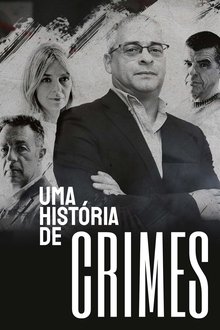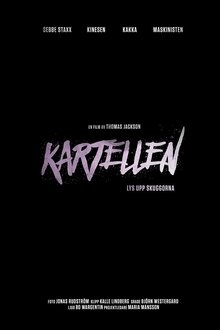The world watched in horror as the NYPD was put on trial for the shooting of Sean Bell and Amadou Diallo. The chants of "no justice," "no peace" were heard around the world, but in the end was justice served? In this sequel to IF I DIE TONIGHT, the story continues and follows the next seven years of this case of police brutality. It presents both sides in an effort to find the truth after the culminating trials. This riveting documentary continues to ask the question, "how far has our country actually come?" Features Al Sharpen, Rudy Giuliani, and Eliot Spitzer.
Related Movies
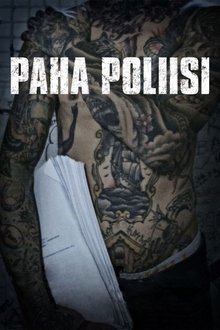
Jailhouse Socrates (2017)
A Finnish Prostitute and four Gangsters expose how the Drug Squad Police Chief commits crimes, rather than solves them. Is this corruption of an individual or a system?
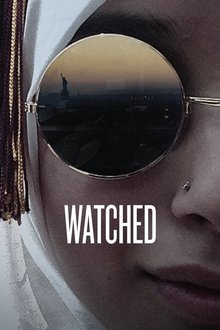
Watched (2017)
This short 19-minute documentary is an intimate and moving exploration of the profound and far-reaching impact of surveillance on Muslim American individuals and communities. Premiering at the 2017 Tribeca Film Festival, WATCHED is told through the personal experience of two women, both coming of age in New York. The film charts the devastating toll of surveillance and reveals the scars it leaves behind.
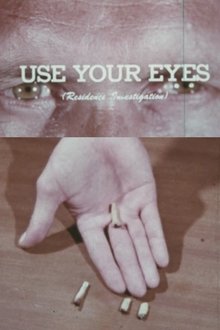
Use Your Eyes (1970)
“Use Your Eyes” is a police training film produced by the Alhambra Police Department, California, in 1970. It is intended to demonstrate to police officers how to search a residence for evidence of marijuana use, and what rights they have to search the property once certain prima facia evidence is established.

The Antifascists (2017)
A low-intensity war is being fought on the streets of Europe and the aim is on fascism. This critically acclaimed documentary takes us behind the masks of the militants called antifascists. In 2013 a group of armed nazis attacks a peaceful demonstration in Stockholm where several people are injured. In Greece the neo-nazi party Golden Dawn becomes the third largest in the election and in Malmö the activist Showan Shattak and his friends are attacked by a group of nazis with knives and he ends up in a coma. In this portrait of the antifascists in Greece and Sweden we get to meet key figures that explain their view on their radical politics but also to question the level their own violence and militancy.

Show Me Democracy (2016)
Amidst the storm of Ferguson, 7 St. Louis college students evolve into advocates and activists as they demand change through policy and protest

Night and Fog (1956)
Filmmaker Alain Resnais documents the atrocities behind the walls of Hitler's concentration camps.
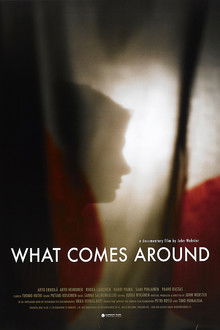
What Comes Around (2005)
Police trainee Riikka finds there is something not even a bullet proof vest can protect her from - her own emotions.
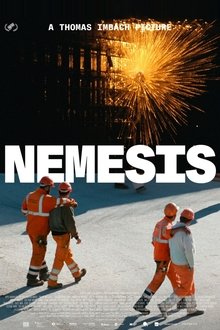
Nemesis (2020)
The film explores the destruction of a unique train station in Zurich and the construction of the new prison and police centre in its place. From the perspective of the filmmaker’s window, and with testimony from prisoners awaiting deportation, the film probes how we deal with the extinction of history and its replacement with total security.
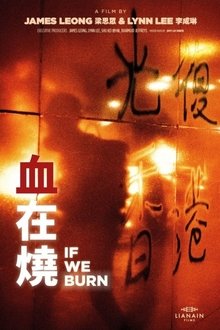
If We Burn (2023)
Hundreds of thousands − perhaps even millions − of protestors have taken to the streets of Hong Kong since early June. Sparked initially by the government's plans for a controversial extradition bill, the movement has now transformed into a broader push for greater freedoms and democracy, with anger over police brutality fuelling a cycle of violence. The protests are Hong Kong's biggest challenge to Beijing since its return to China in 1997. If We Burn looks at the movement through the eyes of Hong Kongers whose fates, like their city's future, now hang in the balance.
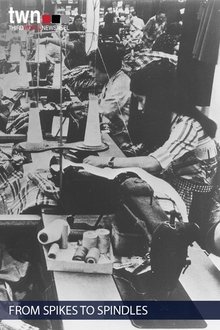
From Spikes to Spindles (1976)
This raw, gutsy portrait of New York's Chinatown captures the early days of an emerging consciousness in the community. We see a Chinatown rarely depicted, a vibrant community whose young and old join forces to protest police brutality and hostile real estate developers. With bold strokes, it paints an overview of the community and its history, from the early laborers driving spikes into the transcontinental railroad to the garment workers of today.
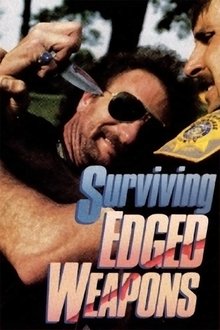
Surviving Edged Weapons (1988)
In an intense action-filled 85 minutes, you will learn to defend yourself against the mounting threat of “knife culture” offenders.

These were the reasons (2011)
This film takes us into the harsh realm of BC's early coal mines, canneries, and lumber camps; where primitve conditions and speed-ups often cost lives. Then, the film moves through the unemployed' struggles of the '30s, post WWII equity campaigns, and into more recent public sector strikes over union rights.

Bus 174 (2002)
Documentary depicts what happened in Rio de Janeiro on June 12th 2000, when bus 174 was taken by an armed young man, threatening to shoot all the passengers. Transmitted live on all Brazilian TV networks, this shocking and tragic-ending event became one of violence's most shocking portraits, and one of the scariest examples of police incompetence and abuse in recent years.

Verbatim: What Is a Photocopier? (2014)
A jaded lawyer wastes an afternoon trying to figure out if a dim-witted government employee has ever used a photocopier. All the dialogue in this short comes from an actual deposition filed with the Supreme Court of Ohio.
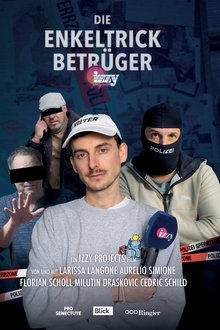
Die Enkeltrick Betrüger (2024)
Grandchild fraudsters scare their victims on the phone with so-called "shock calls". The losses run into millions. Month after month. Many victims are left severely traumatized. But the scam has a weak point. And the izzy team has found it. During a year-long investigation, izzy figurehead Cedric Schild pretends to be an elderly person and supposed victim on the phone. This not only makes for a few laughs, but also drives the perpetrators crazy - at the same time, the editorial team penetrates deep into the structures of the criminal clans. Thanks to more than 1200 minutes of recorded conversations from real shock calls, the izzy film "Die Enkeltrick Betrüger" shows all the tricks used by fraudsters for the first time and thus makes an important contribution to prevention. In cooperation with the law enforcement authorities, the perpetrators are arrested in front of the cameras.



